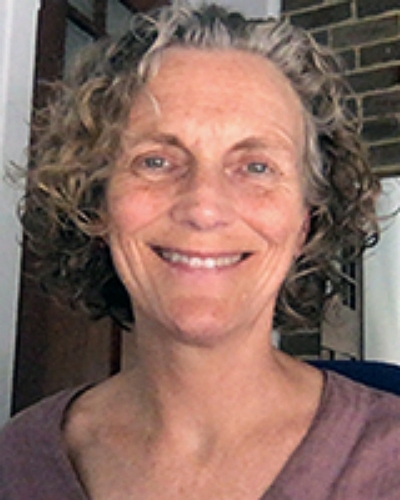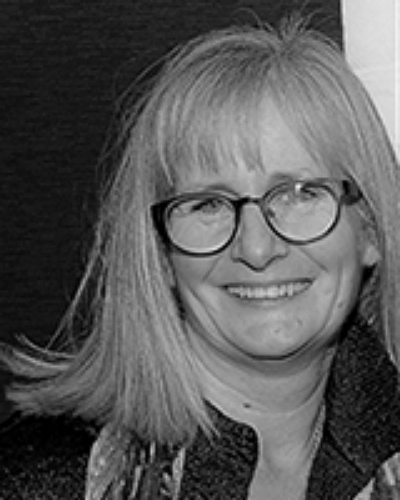Now published, see the full article 
Early Abstract:
Context: Vanuatu, a pacific island nation in the Western Pacific region has to date educated its nurses via diploma programs. Research evidence in developed countries has consistently shown that bachelor educated nurses improve patient health outcomes and reduce hospital length of stay. In seeking to improve health outcomes, the Vanuatu Ministry of Health decided to introduce a new Bachelor of Nursing degree to provide a skilled, safe nursing workforce for the provision of health care to its peoples [1-3] The curriculum for this degree was to be developed by Ni Van nurse educators with the collaboration of educators from the World Health Organization Collaborating Centre, University of Technology Sydney (WHO CC UTS). However, it was first necessary to upgrade the qualifications of teachers and senior nursing practitioners who would lead the new degree course from diploma to bachelor level by introducing a Bachelor of Nursing (Conversion) course.
Issues: In order to design and implement a B.N. (Conversion) course that would be relevant for the educational and healthcare context in Vanuatu and that would meet qualification requirements of the local regulatory bodies, it was essential to build collaborative relationships with key stakeholders in Vanuatu. A second key concern was to design a program which would cater for participants who were working full time, who were not all living in the same physical location, and who had limited access to internet technology and resources. The course also needed to take into account that participants were multilingual, and that English was not their first language.
Lessons learned: Lessons learned included the importance of coming to understand the socio-cultural nexus within which this course was developed and implemented, as well as appreciating the constraints that affect nursing education within the Pacific.


